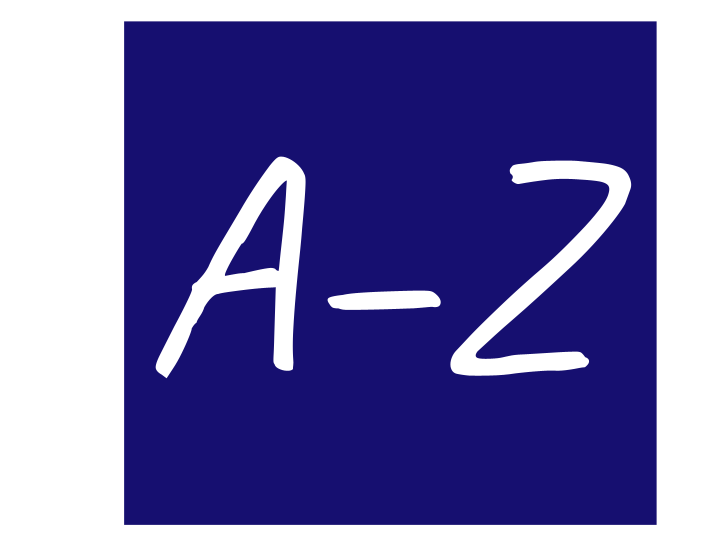One Year of Vipassana Meditation—Part 2: Real-World Effects Post-Practice (Self-Sabotage)
A big thank you to Chiara and Sara for helping me with this piece :)
Following my first Vipassana course, I went onto serve (volunteer for) many other courses for adults and children--as a course manager, in the kitchen, cleaning and landscaping. I also sat a second 10-day course in October 2023. I realized during that second course that I was only scratching the surface of the practice. It served as my first big descent down a Dunning-Kruger effect of sorts.
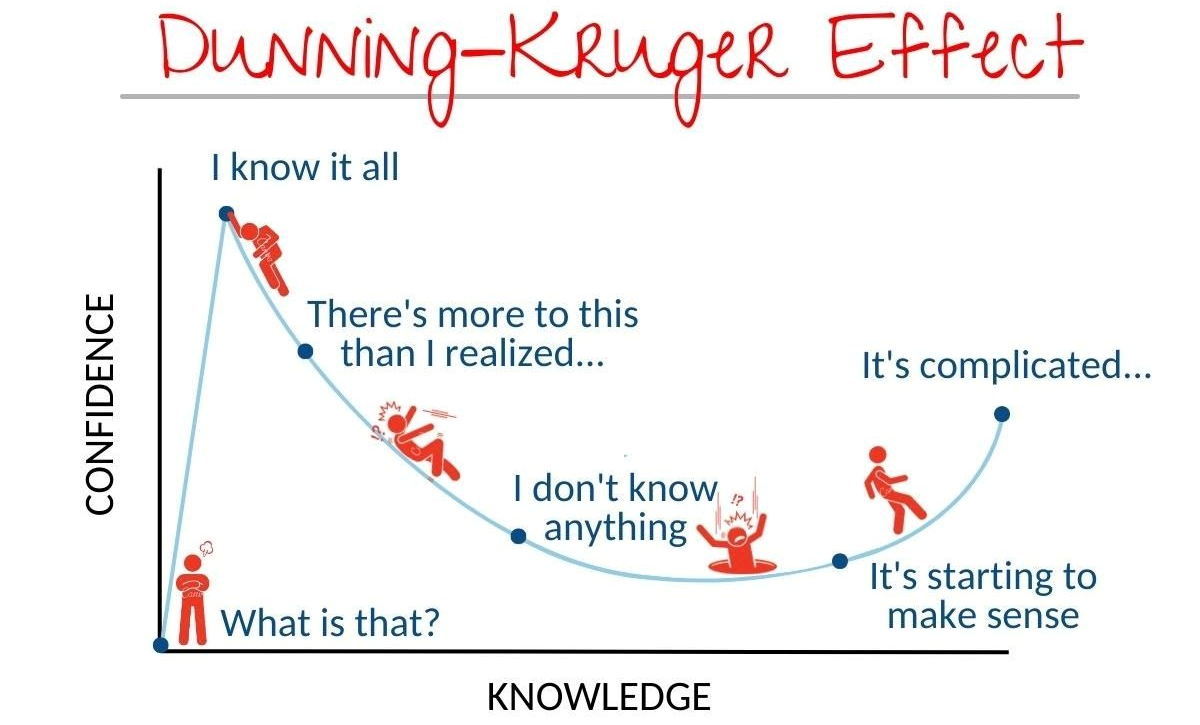
I made a year-long commitment to the practice which ended in February 2024. As you'll see in Part 3 of this series, I signed myself to a 'spiritual commitment contract' for the year, limiting myself only to the guidance of my meditation practice and the school of thought behind it--discounting everything else.
As is becoming a theme throughout this series, my commitment was far from perfect. In fact, about halfway through the commitment period, my mind began thinking about what my next big 'life pursuit' would be. As I crossed the finish line, it was clear that that pursuit would be money and bit*hes, so to speak.
Fast forward to the present. Now, when it comes to inner work, what I'm really fascinated with is self-sabotage. That is, the ways that I (mostly sub-consciously) keep myself away from success.
Here's how I see the mechanics of self-sabotage: I desire something, and as I take the necessary steps to attain that something, I start to feel (physically) uncomfortable and I stop taking the necessary steps.
The knowledge I embodied through Vipassana meditation helps me break this pattern.
The 'bird' of Vipassana practice as I learned it has two 'wings': the first is awareness which is developed through sitting still--back, neck and head straight--'scanning' the entire body from the surface level all the way to the core for felt physical sensations like heat, cold, pain, heaviness, tingling, vibration, whatever. The second wing is equanimity (okay-ness in the face of what you are aware) and is developed through practiced non-reaction to the felt sensations.
When you're on a retreat meditating 10+ hours a day, some really intense sensations arise and your ability to not judge or react to them is tested greatly.
It's the same reason I go to the gym. I strain my body's muscles for a set period of time so that they'll be stronger in the future and serve me in a variety of ways—you know, like wrestling wild buffalo, hauling boulders across fields and protecting my tribe.
That last one is not a joke.
When I become uncomfortable in face of challenges in pursuit of my goals and feel like giving up, I use awareness to feel into the discomfort (seeing it for what it really is--just bodily sensations) and equanimity to not be [as] affected by it.
As such, I march onwards towards my desires.
It could be going to talk to a girl,
pursuing a work objective,
working out and eating healthy,
having a difficult conversation with a loved one,
saying "no" to a friend
or putting down my phone part-way through an Instagram scroll session because it's 1:30 AM and I've been avoiding thoughts of my own inadequacy--or for that matter, my own greatness--for the last 1 and 1/2 hours and some sleep would do me well!

Since completing my year-long commitment to the Vipassana path, I've taken up studies under new mentors who have helped further open my eyes to the ways I hold myself back.
There have been two primary sources of this mentorship.
1. Johnny Soporno. I visited Johnny for a workshop at his home in Las Vegas where, among many other things, he helped me see for myself how I'd taken on beliefs and lived in accordance to certain paradigms with astonishingly little regard for whether they were actually true, or how they might have harmed (or benefited) me!

Johnny's message is this: decide for yourself what's true for you, using the life experience you've gained so far along with your naturally-given intellect and logical reasoning. 'Your truth' may happen to coincide with some existing large- or small-scale sociological conditioning, or it may not. It doesn't really matter, as long as you know it's true for you!
Check out an excerpt from Johnny's book, Successfulness.
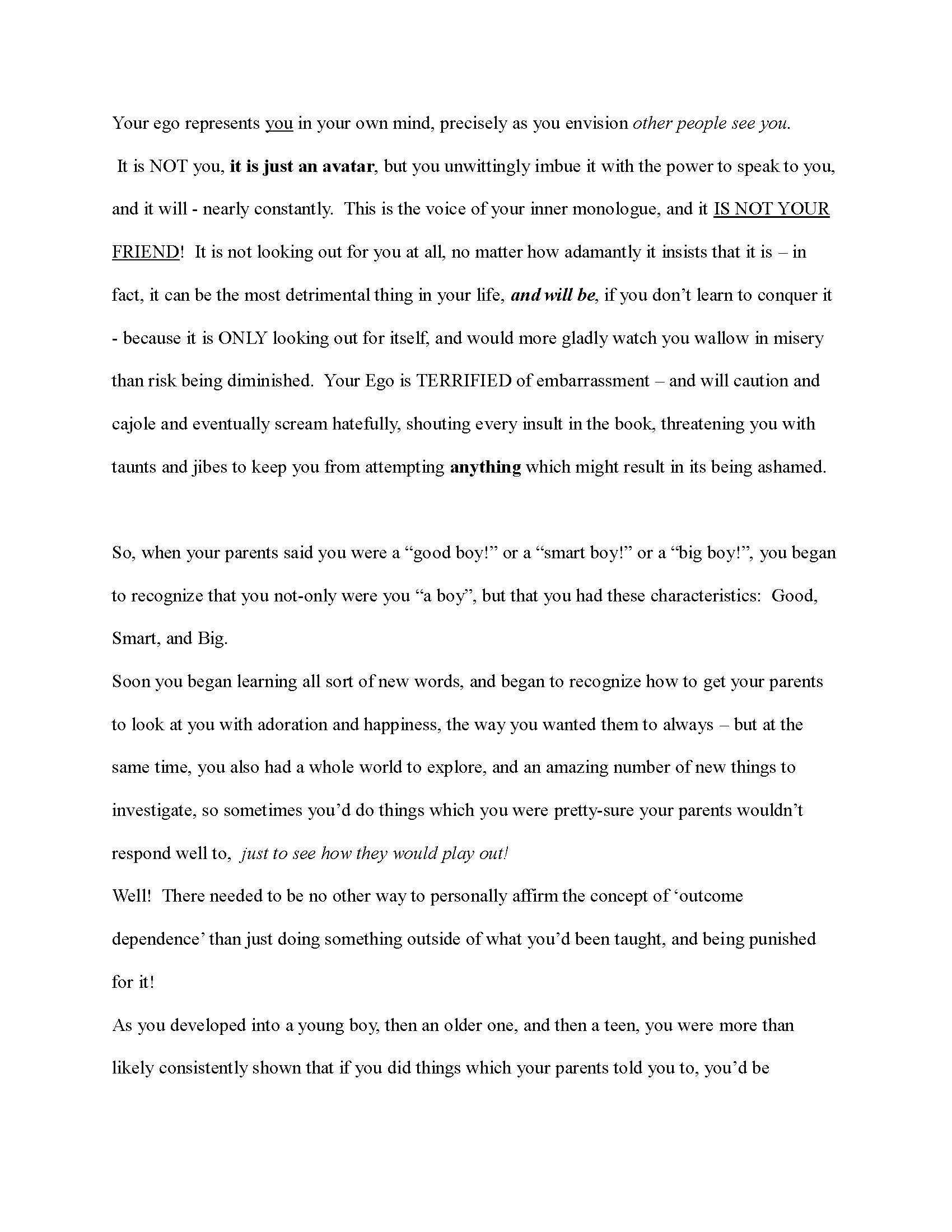
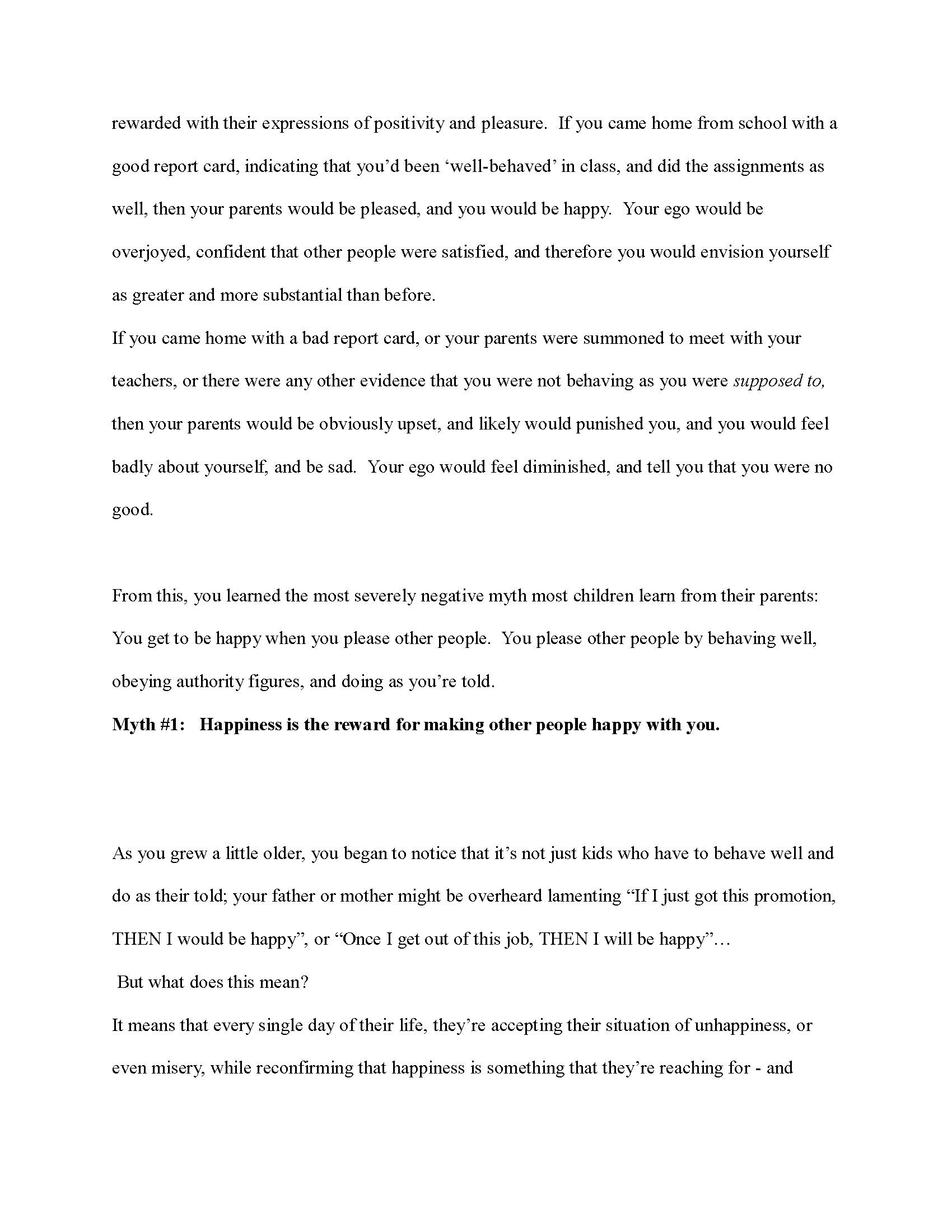
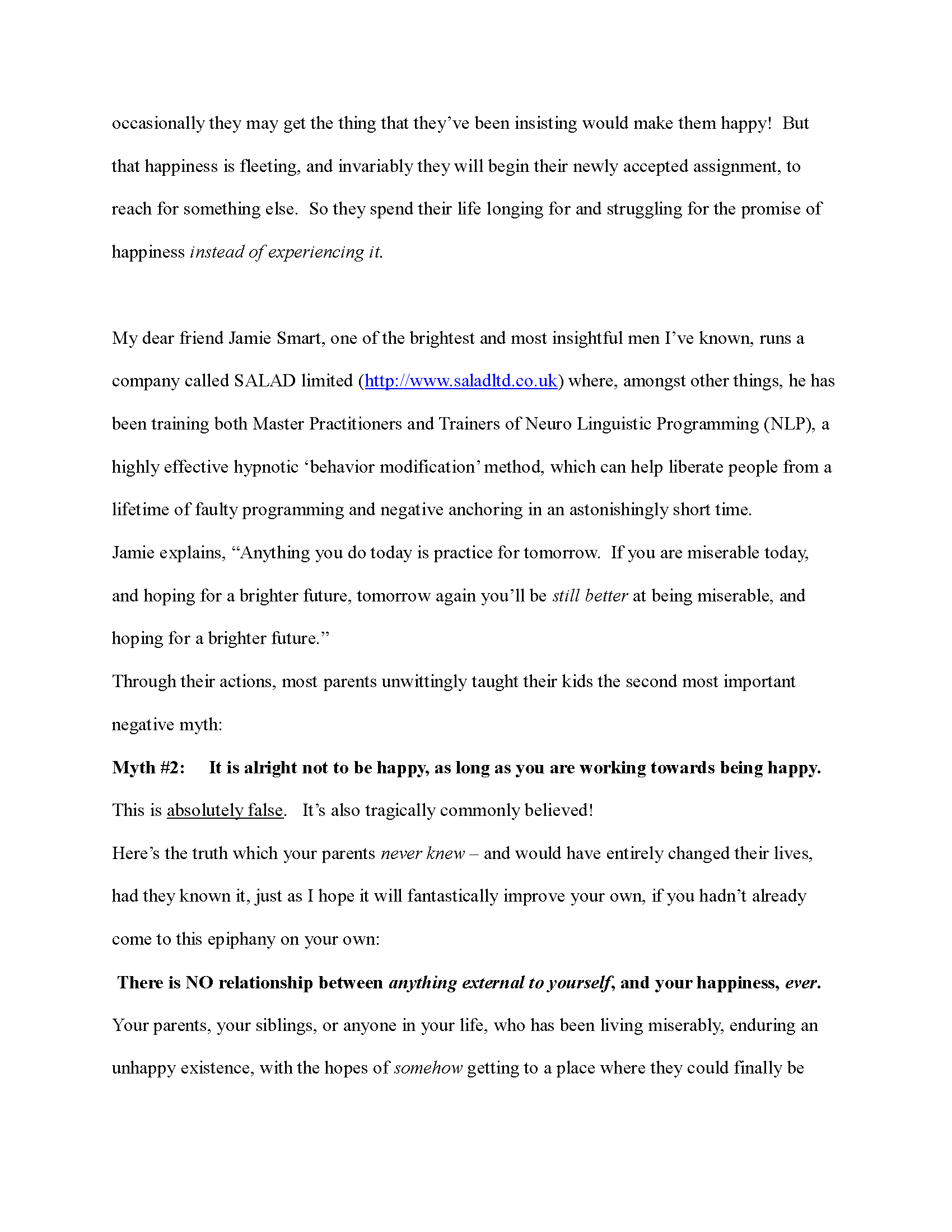
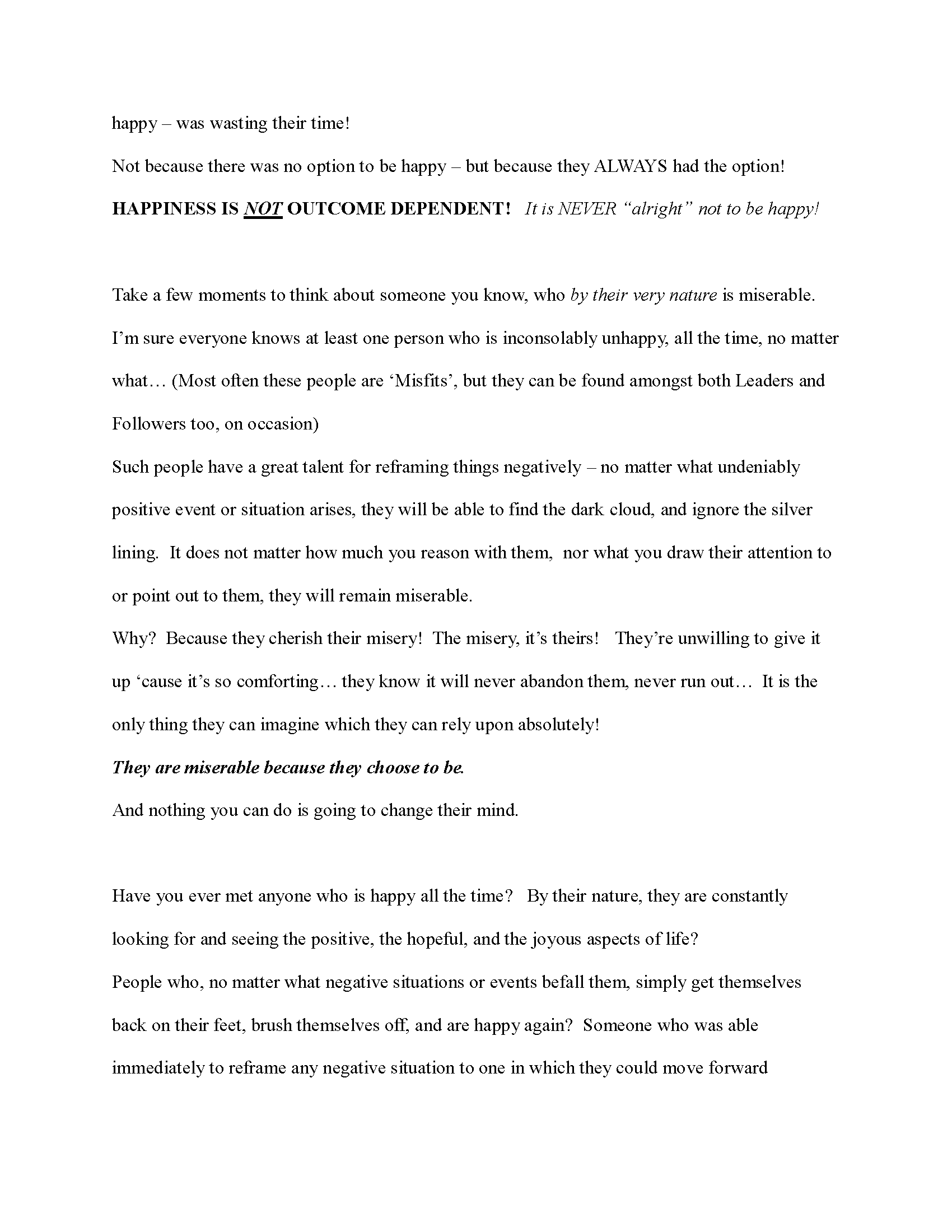
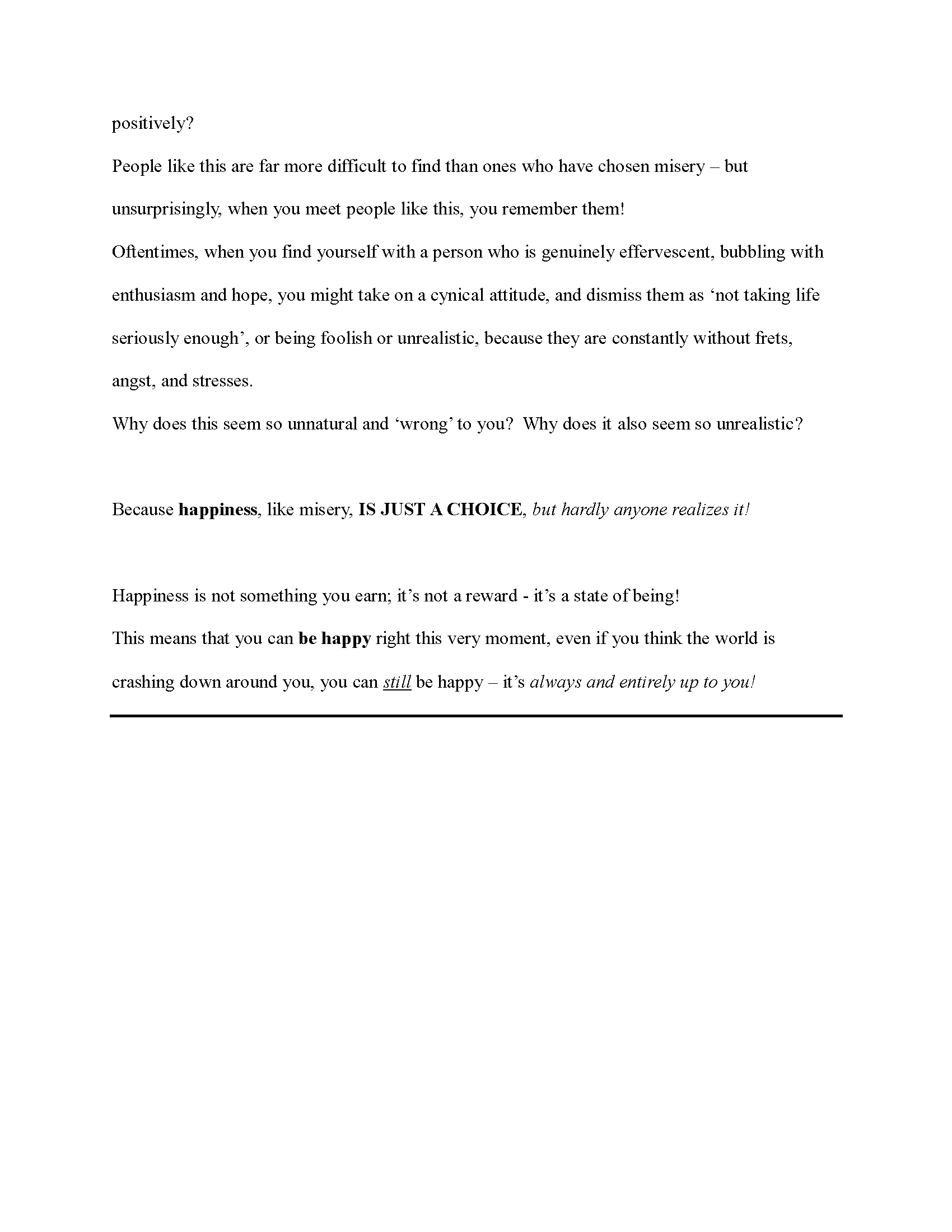
I never quite understood the idea that happiness was always 'there' for the taking until I worked with Johnny.
2. Ars Amorata ('the Art of Love'): a group I joined that is committed to restoring beauty to the world, particularly through the embrace of true masculinity and love for women. I'd known about them for years, but only pulled the trigger on becoming a member by taking their 90-day Way of the Amorati masterclass this spring.
I embarked upon the journey--13 weekly themes, every day of the week featuring a lesson and related practices--with a cohort of men & a dedicated mentor with whom I met on Sundays via Zoom. One of the concepts introduced in the masterclass is that of 'The Saboteur': that voice inside our heads whose job it is to protect us from danger, loss--to keep us safe from unnecessary risks--but that is often overly cautious at times in our lives that call for risks...times in our life that call for change and a more fulfilling life.
By following through with (and following up on) the prescribed practices in the course, I further developed my ability to act anyway in face of perceived* danger, difficulty and uncertainty on the path to successfully doing that which I would do.
*The use of the word perceived is crucial here, for so many of the fears we carry around are not founded in any kind of reality or logic whatsoever, and if we were to actually look for evidence to support our beliefs, would be astounded at how little of it we'd find.
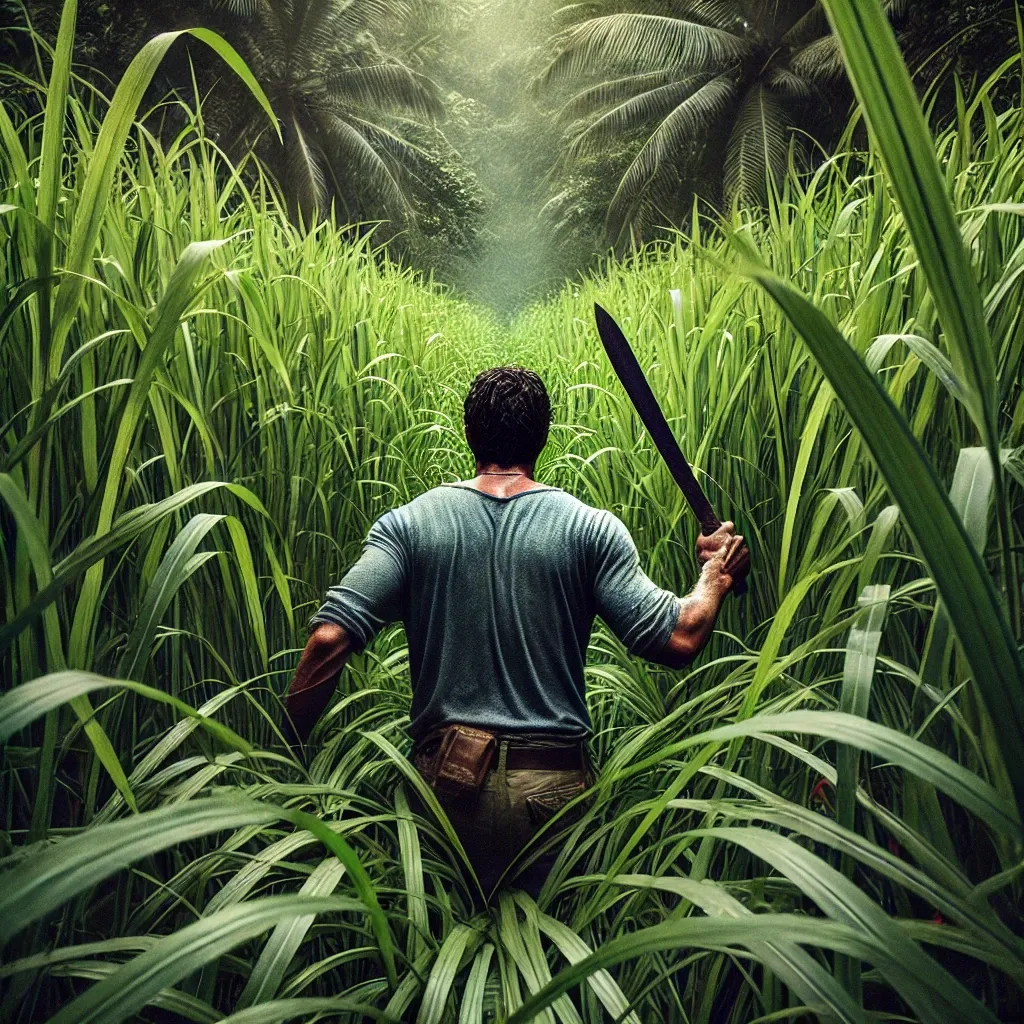
I hope what I shared is valuable to you. If it is, share this post with others who you think may also benefit from it, and discuss it with them! You'll get even more value out of it by sharing your take.
